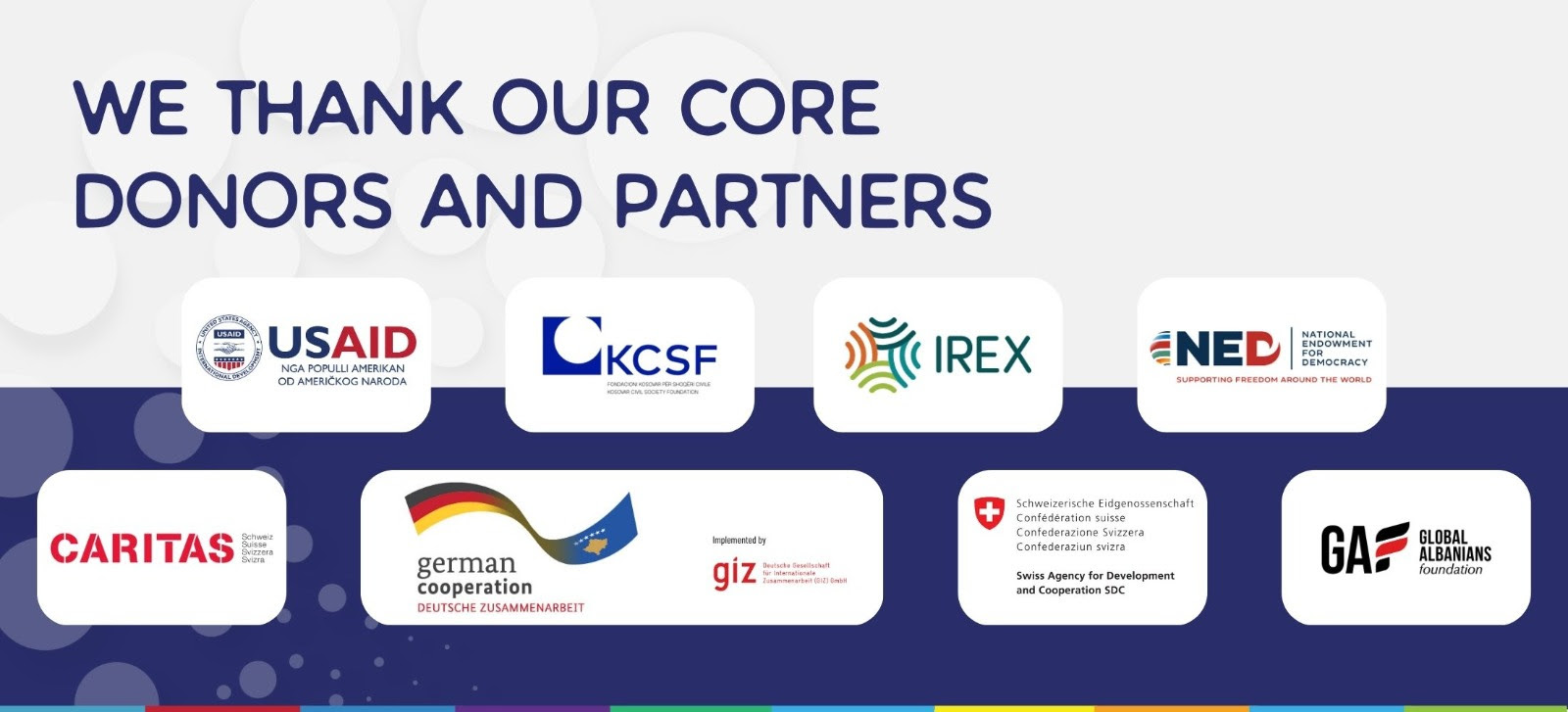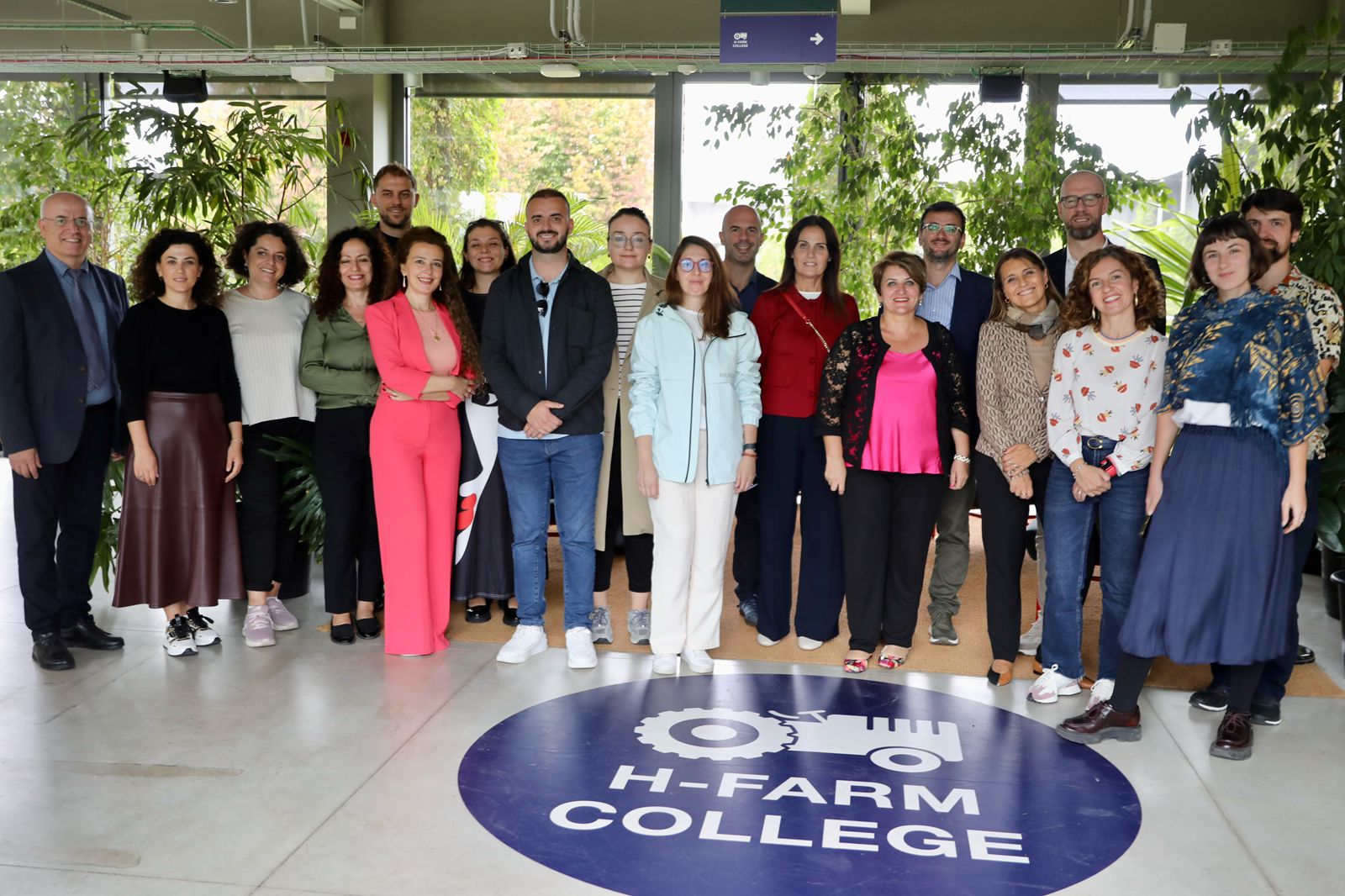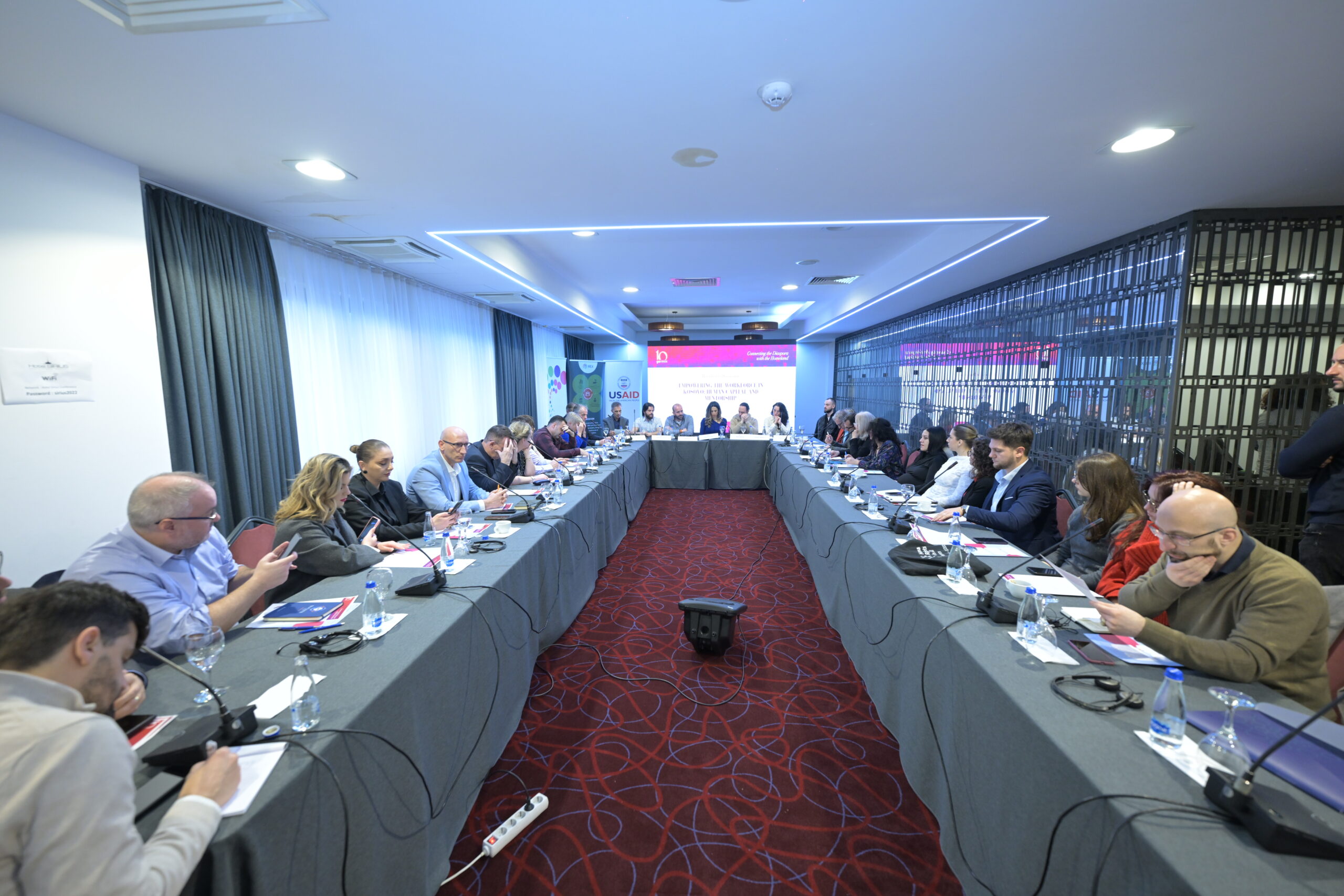Over the years, GERMIN has facilitated the engagement of professionals from the diaspora in their home countries, aiming to make this a more frequent and structured practice. In this regard, in 2023, there are more opportunities for diaspora professionals willing to share their know-how and skills in the homeland. They can do so as mentors for women entrepreneurs and women in politics, as professionals engaged in public institutions, private businesses or civil society organizations. Read in the following paragraphs about diaspora professionals’ opportunities through GERMIN projects during 2023.
Diaspora for Women in Politics
To increase the capacities of women in politics at the local level in Kosovo, GERMIN is looking for diaspora professionals who will engage as their mentors.
Each mentor will hold a total of nine periodic virtual meetings with 2 to 3 participating women from February to September 2022, where in total over 200 meetings will be organized between 26 mentors and 52 women politicians.
Diaspora for Workforce Development
As part of the activity “Peer-to-Peer Mentoring with the Diaspora” within the five-year activity for Workforce Development through the Private Sector in Kosovo (PSWD), funded by USAID and implemented by the International Board for Research and Exchange (IREX) – 12 diaspora professionals will mentor the sector leaders Wood Processing, Agribusiness and Information and Communication Technology (ICT).
In addition, nine other professionals from the diaspora will serve as mentors to the beneficiaries of the Workforce Innovation Grant from the same program. Until May 2023, three more virtual meetings will be held to exchange knowledge between companies and professionals from the diaspora and companies in Kosovo in the aforementioned sectors. Learn more and apply…>>
Diaspora for Local Economic Development
Following the engagement of 10 diaspora professionals in the municipalities of Kosovo, in the framework of the “Action of Municipalities for Reintegration and Diaspora – MARDI” project implemented by CARITAS Switzerland, 5 promotional videos will be published for the sectors of ICT, beverage production, food, textile and energy in Kosovo.
Soon this project will launch the platform for the registration of diaspora businesses and potential investors at the Agency for Investment and Enterprise Support in Kosovo (KIESA). Learn more and apply…>>
Diaspora for Civil Society Organizations
During 2023, within the Citizen Engagement Activity, 3 diaspora professionals will be engaged in 3 civil society organizations (CSOs) in Kosovo. Diaspora professionals will support CSOs in Kosovo, by sharing their knowledge and expertise in certain areas where organizations lack capacities.
Kosovo CSOs are expressing their needs for such expertise in a survey conducted by GERMIN. This year, an outreach event will also be organized at one of the Kosovar diaspora communities. Learn more…>>
This activity is carried out within the Citizen Engagement Activity in Kosovo, implemented by the Kosovar Civil Society Foundation (KCSF) in partnership with the United States Agency for International Development (USAID) in Kosovo. The GERMIN organization is a partner of KCSF in realising this activity.
Diaspora for Women Entrepreneurs
70 meetings will be organized in the first half of this year between 10 mentors from the diaspora and 22 Kosovar women entrepreneurs within the project “Diaspora for Women Entrepreneurs”, supported by USAID Kosovo Compete Activity.
In February, a virtual fair of products produced by women entrepreneurs was organized, while in April 2023 they will meet in B2B format businesses from the diaspora in Germany (Republic of North Rhine-Westphalia). In June, in Prishtina will take place the closing conference of this project.





